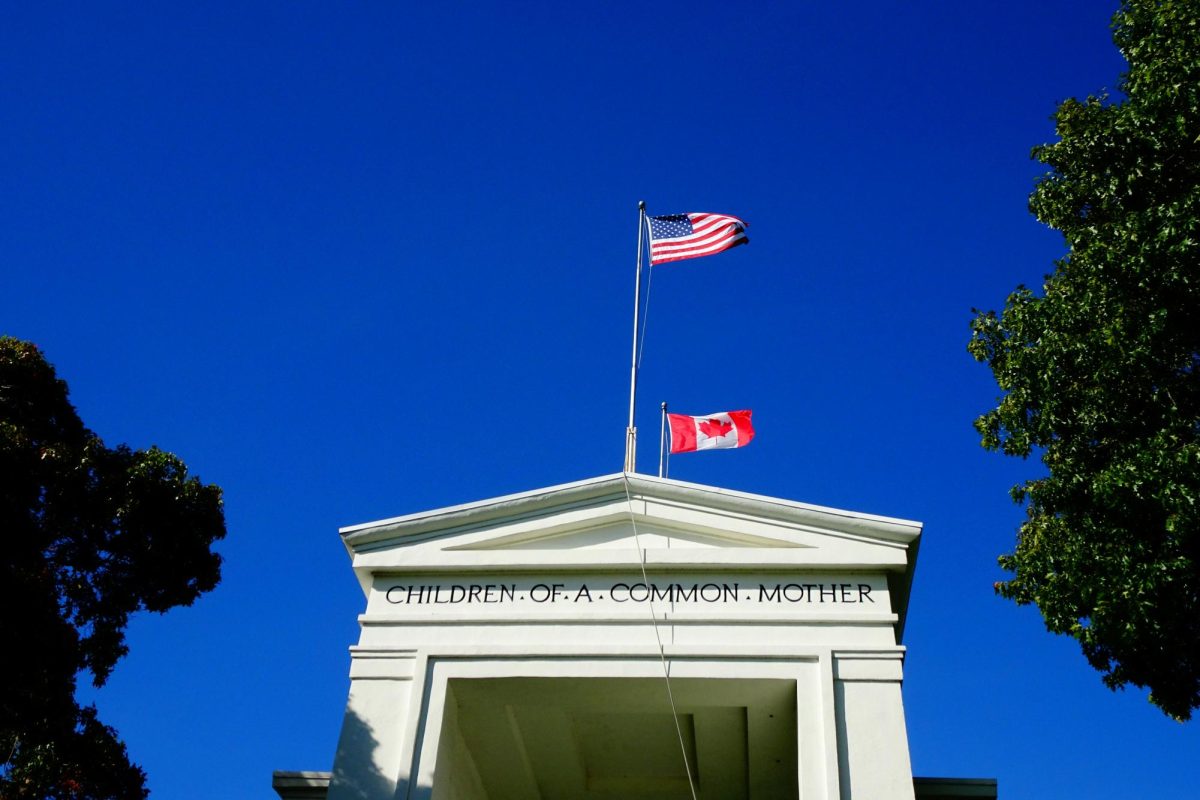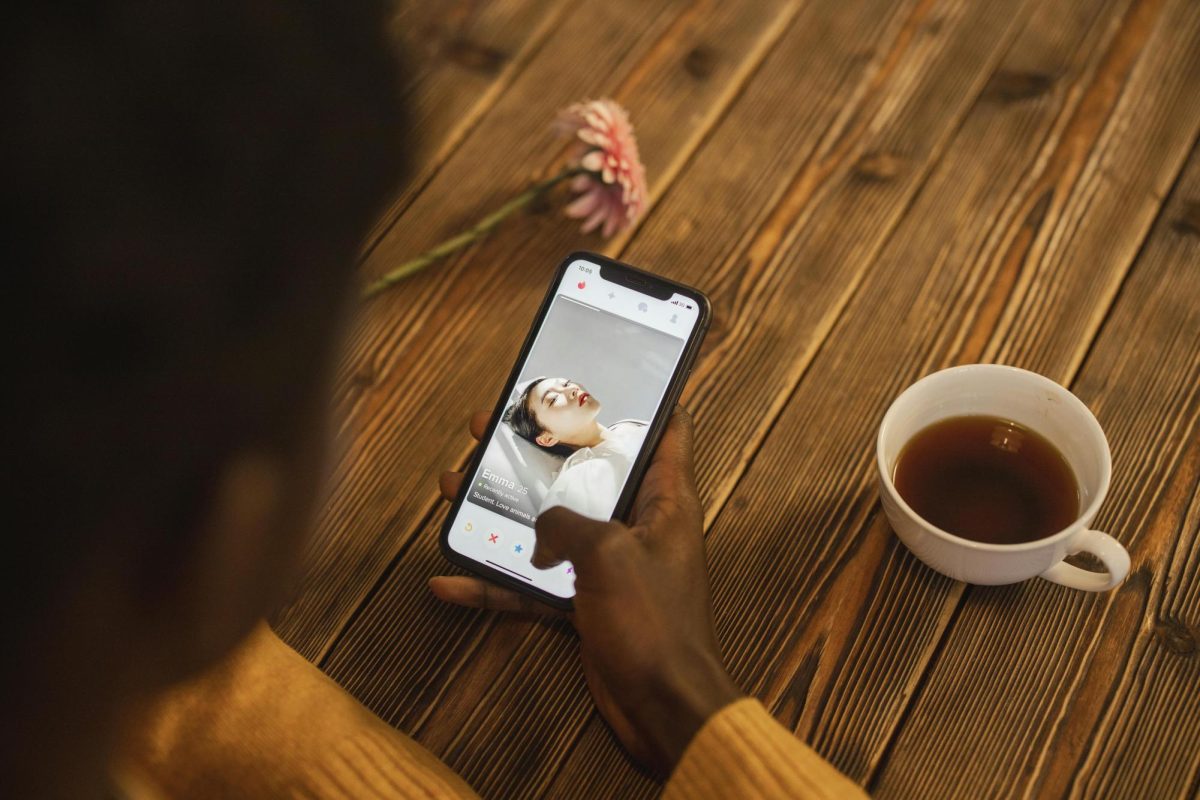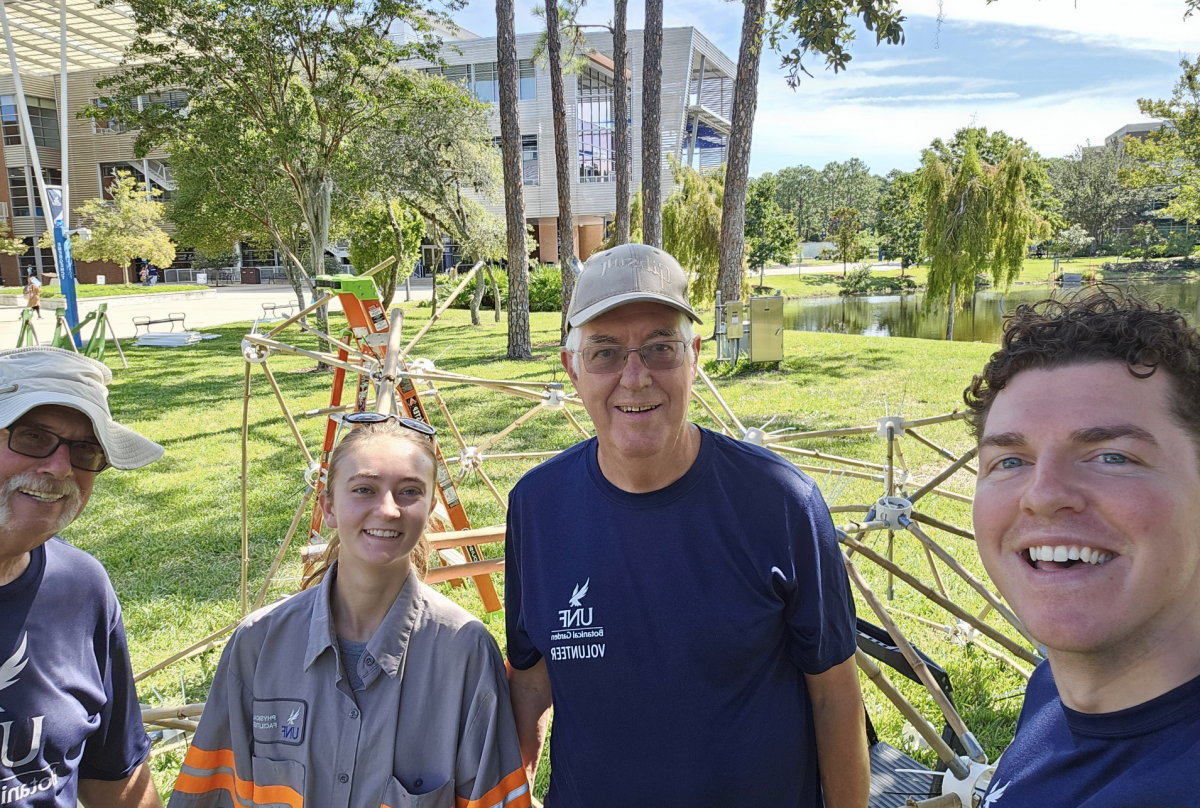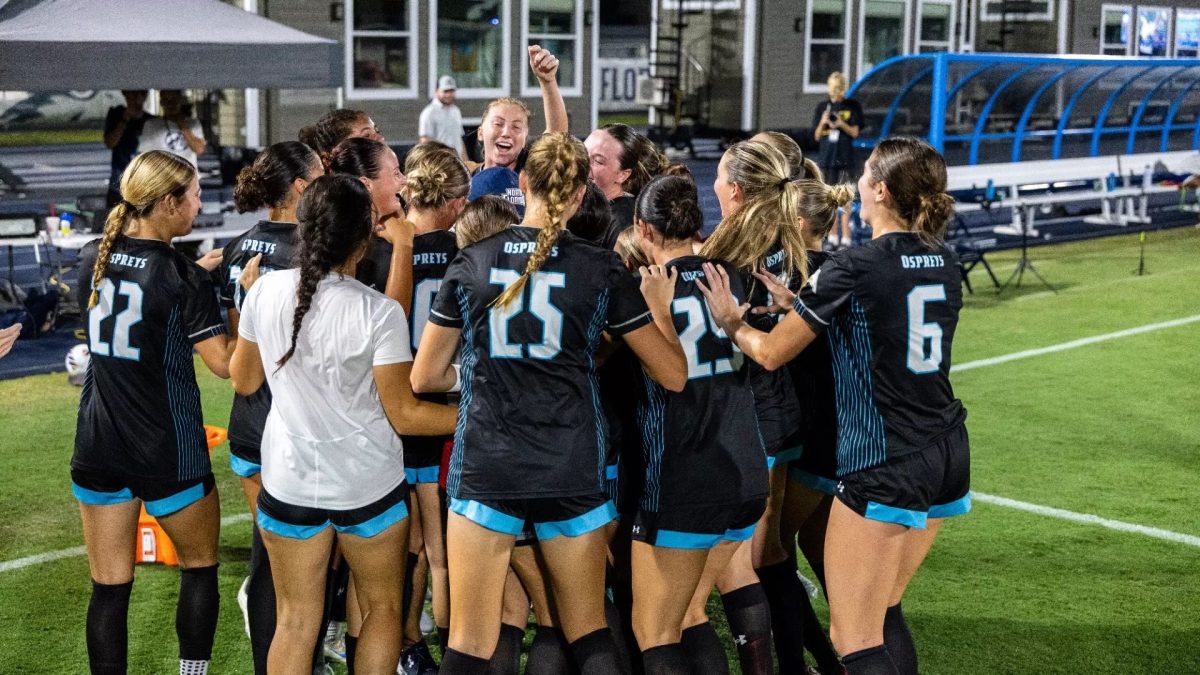This article expresses the views of its author(s), separate from those of this publication. Readers are encouraged to comment or submit a Letter to the Editor to share their opinions. To submit a Letter to the Editor, follow the instructions here.
With the rise in prevalence of social media platforms in daily life, many Americans, especially in younger generations, use social media as a news source.
In November of last year, the Pew Research Center released an article titled “America’s News Influencers,” breaking down the demographics of “news influencers” and the people who rely on them for reporting.
They define “news influencers” as any individual, journalist or not, who have at least 100,000 followers on major platforms and post about “current events or social issues.” They report that 21% of Americans say they regularly receive their news from these individuals. This number goes up to 37% in 18 to 29 year olds.
When I consider people using social media as a news source, the concerns that come to my mind center on the reliability of this type of content. Since not all news influencers are professional journalists, I worry about their research lacking enough depth or rigor. I also worry about influencers having little to no constraints when publishing their content. After all, they may not have an editor to reign them in.
There is also little recourse if they get it wrong. This week, the guard rails on social media content loosened even further, with Meta announcing they are no longer using third-party fact checkers on their platforms.
When I asked Tricia Booker, an instructor of multimedia journalism in the School of Communication at UNF, about the phenomenon of people turning to social media for their news, she warned about the dangers of untrained individuals reporting on current events.
“A content creator on TikTok is not a legitimate news source,” states Booker, “Now, having said that, I think there probably are out there journalists who are putting out videos that are based on research that they do, and that’s amazing. Most of them do not.”
Last week, major events put this reporting style to the test. The terrorist attack in New Orleans left people reeling, with the resulting deluge of information further confusing people.

Adding to this chaos was the subsequent Cybertruck explosion in Las Vegas and the large storage of explosives found in Virginia. Some individuals online were quick to draw links between these events, particularly when surface-level connections began popping up in the early investigation stages.
During the immediate aftermath of these events, content creators rushed to cover whatever information they could find. In this rush to push out new details as soon as possible, some creators will inevitably report on either irrelevant or untrue information. Then, that unreliable information can be used to try and make connections between possibly unrelated events.
To be fair, when I talked to Tricia Booker about online speculation concerning these events, she indicated that the impulse to try and form connections does not solely exist online.
“But it’s not just them, of course,” asserts Booker “CNN was doing the same thing. Are these things connected? How can we make a connection before the FBI even releases the information?”
She continued on by indicating that this issue has roots in a problematic “need for instancy,” that exists not only online with so-called news influencers, but also “with an increasingly competitive television media.”
In this same vein, I believe it would be overreaching to completely condemn what content creators are attempting to do. I think that value exists in having someone mediate between news outlets and the public. However, I also think there needs to be effort on the individual’s end to ensure the veracity of the information they consume.
While not providing an endorsement of online personalities who lack the training to be professional journalists, Booker did suggest that people to “find sources that you trust to interpret the news and then follow them.”
Additionally, Booker did emphasize individual responsibility, stating, “it’s a citizenry responsibility. It’s a responsibility that you own as a citizen of this country, as a community member, to know what’s going on in your world and to get that information from reliable sources.”
What should people do instead of relying on potentially unreliable influencers to stay informed? I asked Tricia Booker about where people should start when branching off from their social media news sources.
Her recommendation? Look to the Associated Press and local newspapers.
___
For more information or news tips, or if you see an error in this story or have any compliments or concerns, contact editor@unfspinnaker.com.
















